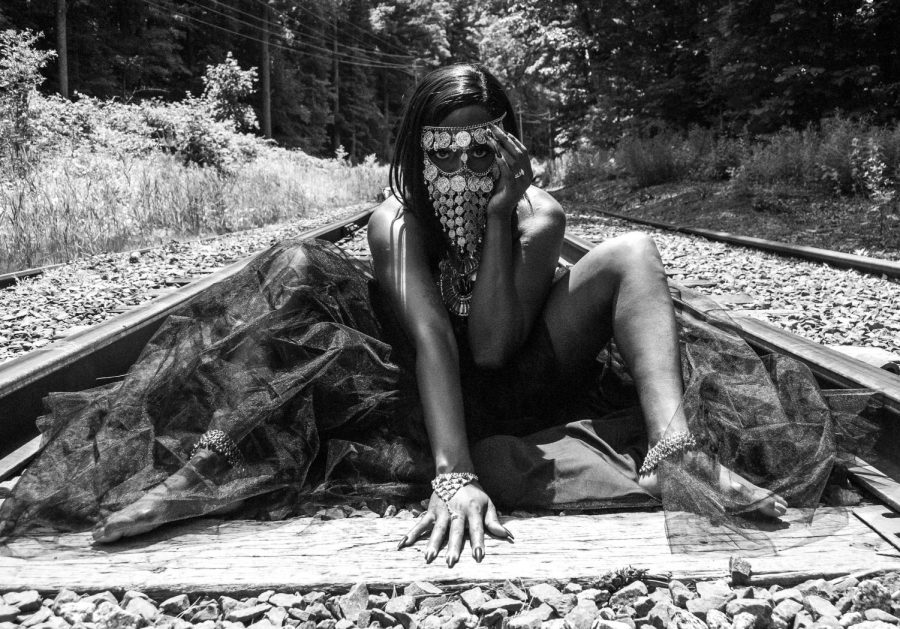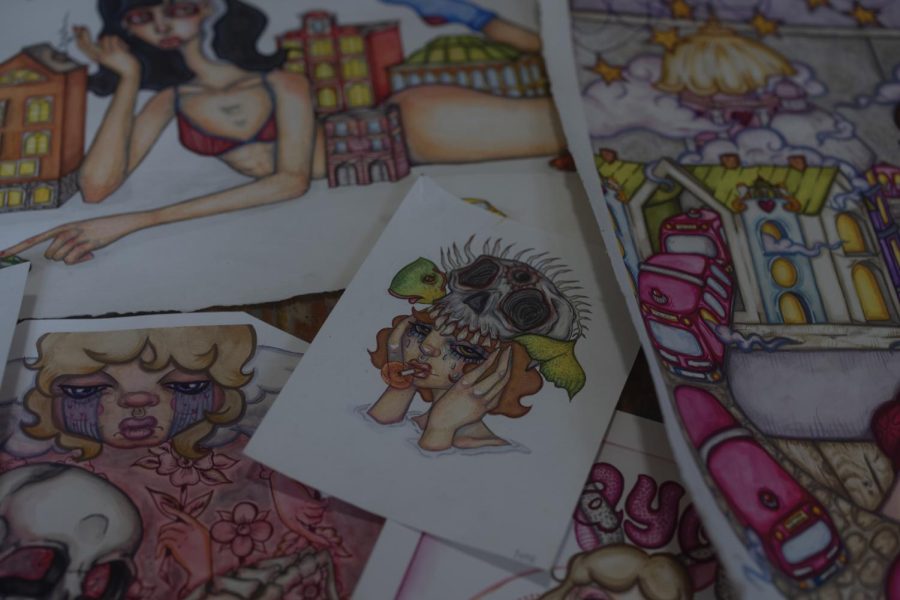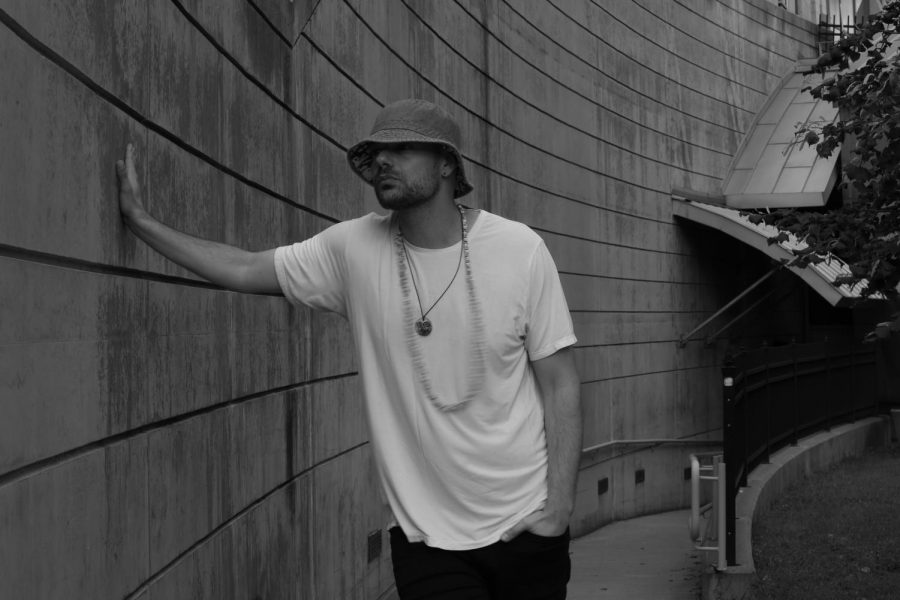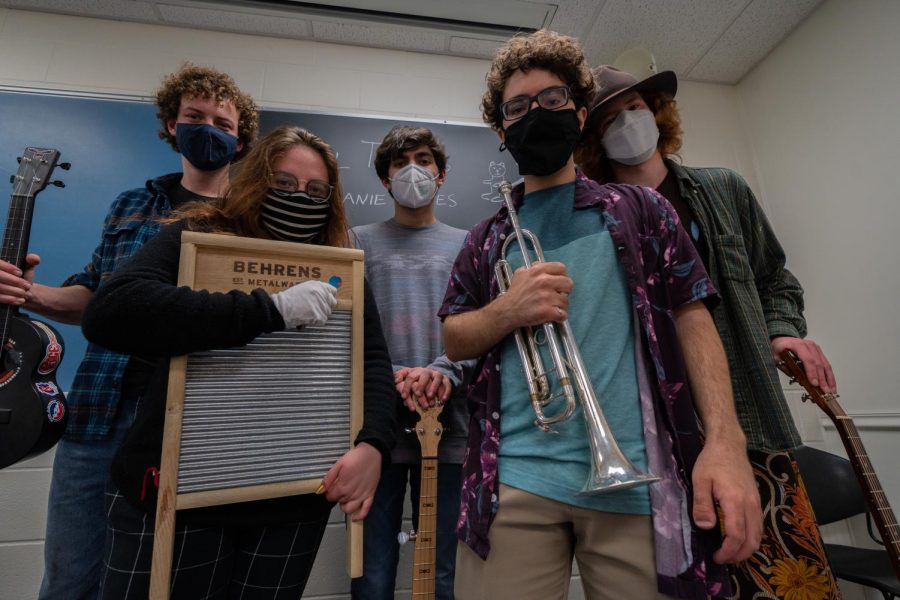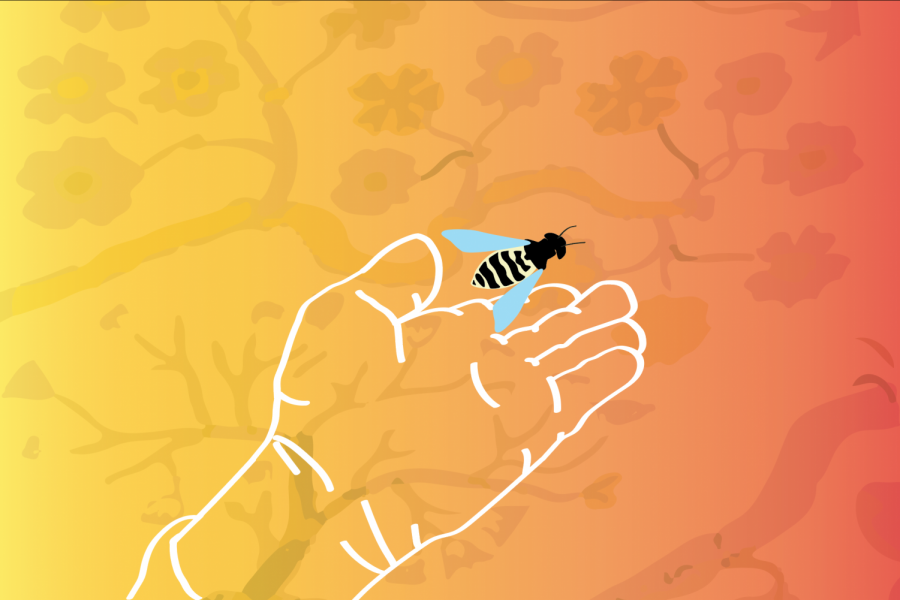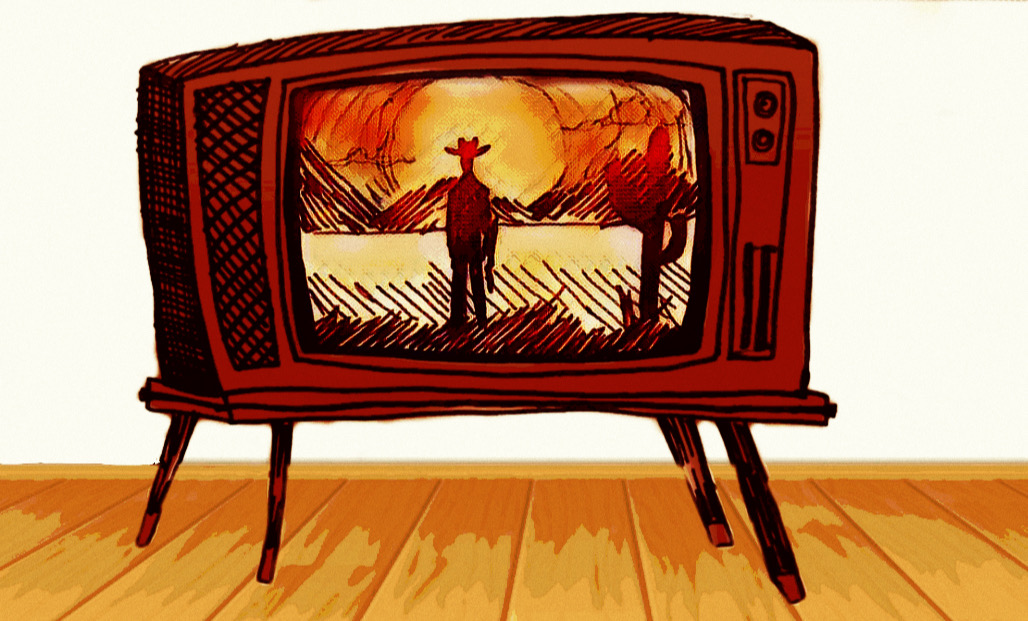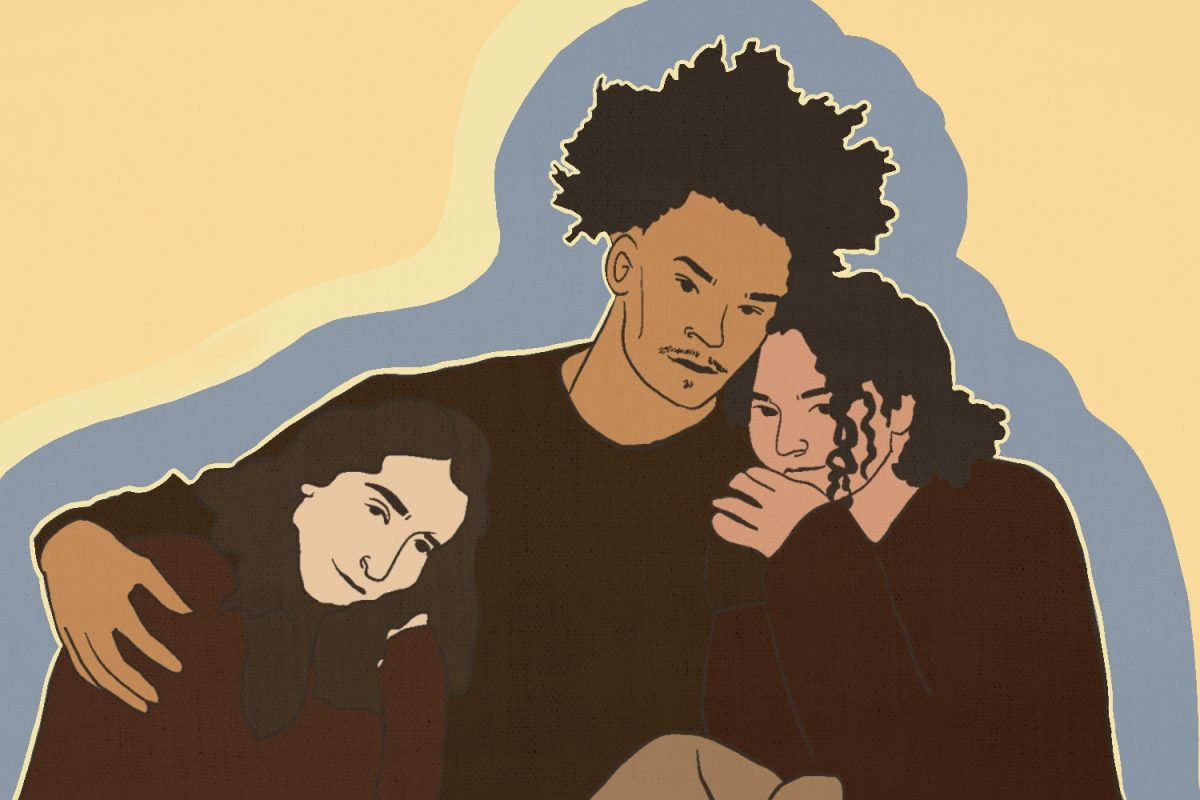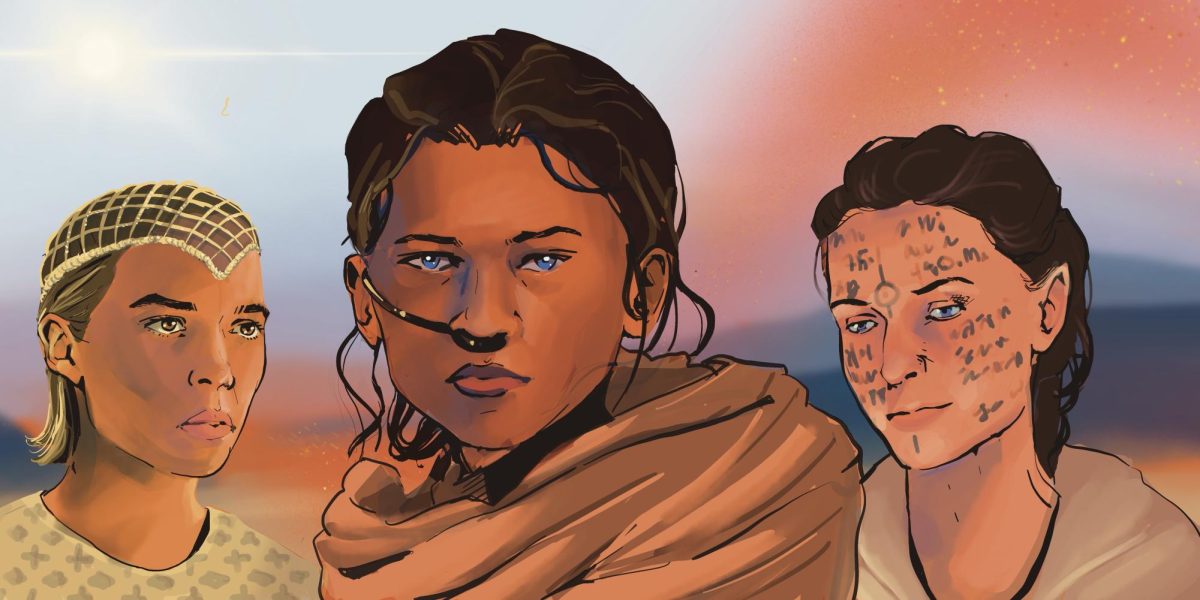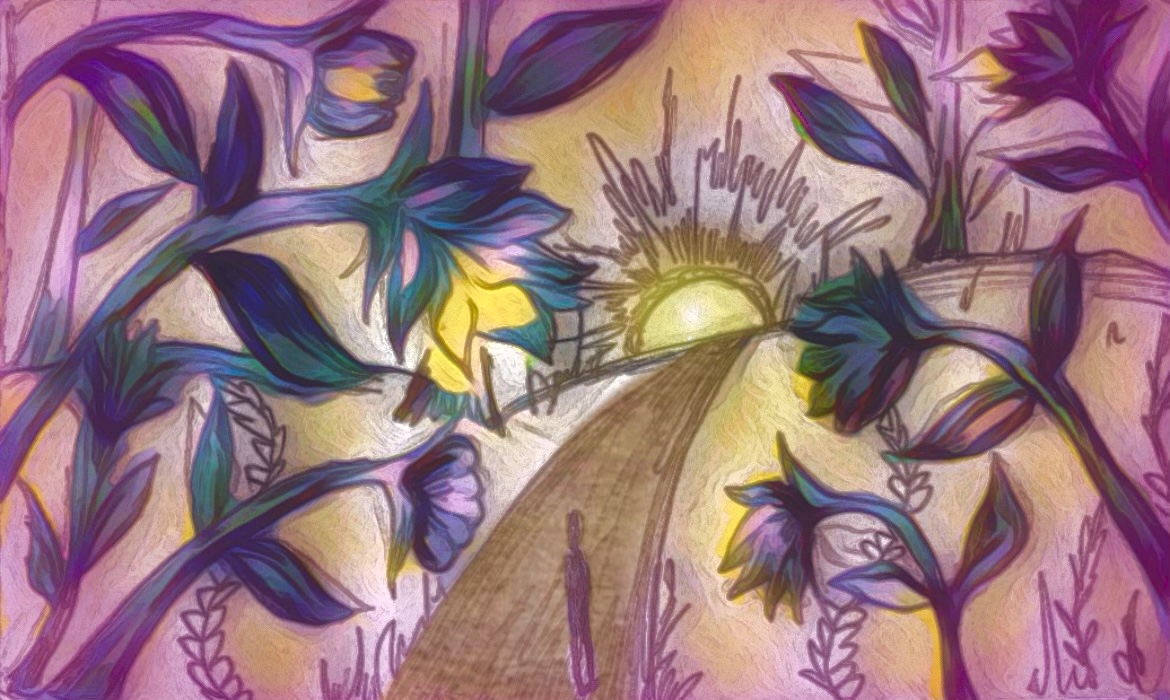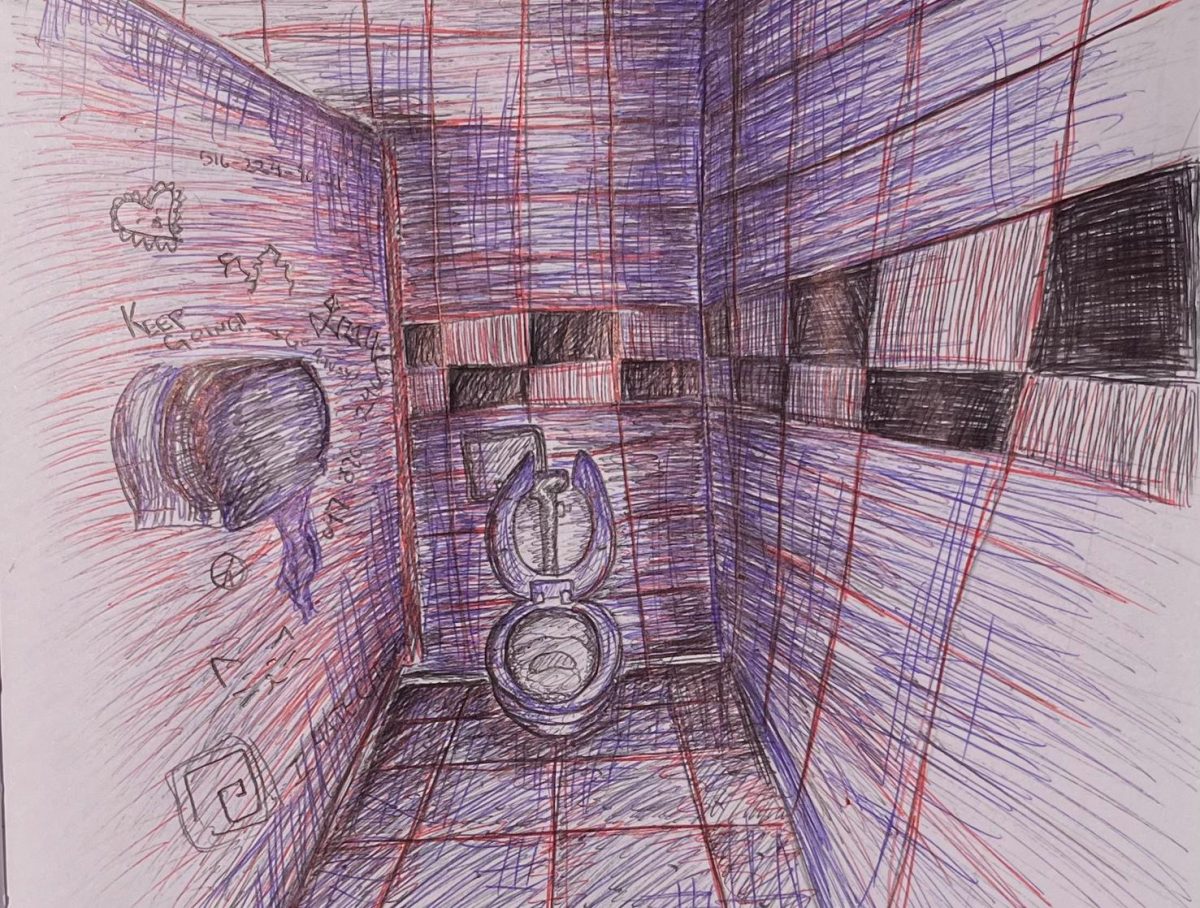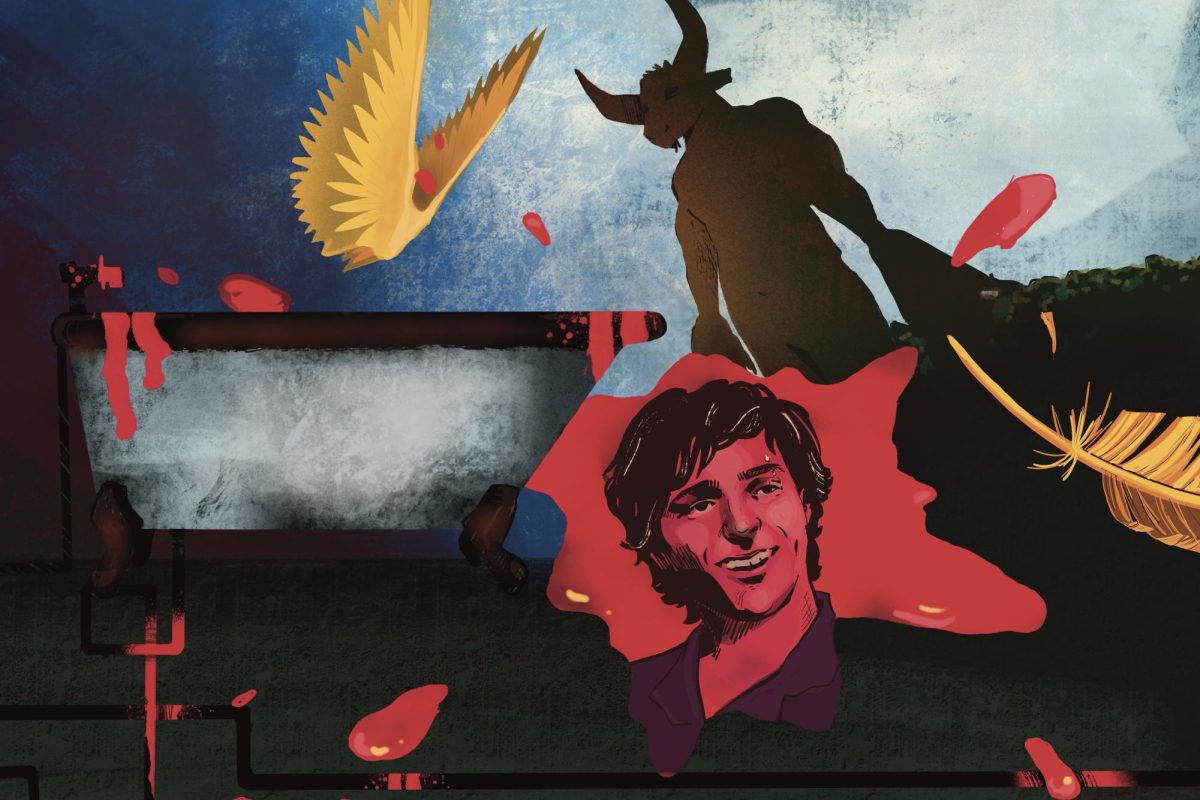“I really believe in the universal nature of music and I’m excited that my music is touching different groups of people no matter what their personal beliefs are.” — Matisyahu
On Saturday, Oct. 22nd, Matisyahu gave an electrifying performance to a sold out Higher Ground audience. The show had sold out the Tuesday before the event, communicating the excitement that has been cultivated for this original artist. The performance was truly uplifting, inspiring and captivating. With a fine synthesis of Hebrew chanting, singing, beat boxing, jumping and rapping, Matisyahu delivered a spectacular performance. His powerful voice carried on the reggae rhythm, resonated through crowd, lifting spirits on a unified pulse. This was a performance that can not be succinctly put to words.
Matisyahu is an unique musical artist who has been gaining a large following recently. His powerful vocals carry a deep reverence that lifts his listeners. This article will hopefully answer some questions that people may have of the first Hasidic Reggae Superstar.
Hasidism is a branch of Judaism established in the eighteenth century. The tradition views the material world as a radiance of divinity; however, living in the material world has created shells around this intrinsic divinity. Shells are used to express the profane exteriority that is seen around people and things. All of creation, according to Hasidism, is said to have a divine spark. A Hasid is one who seeks to cultivate the sparks, lifting them back to God. In this vein, I can truly say that Matisyahu’s music lifts my spirit.
Can you briefly explain the Hasidic movement? What has this movement meant
to you?
There are different Hasidic movements, and this is a really long answer so I should probably just point you to the Lubavitch movement which is what I am part of.
(Check this out: http://www.chabad.org/global/about/article.asp?AID=36226).
A quote from the site: “The movement’s system of Jewish religious philosophy, the deepest dimension of God’s Torah, teaches understanding and recognition of the Creator, the role and purpose of Creation, and the importance and unique mission of each Creature. This philosophy guides a person to refine and govern his and her every act and feeling through wisdom, comprehension and knowledge.”
I am part of the movement because it speaks to me. I live my life – even the entertainment piece of my life – as a Hasid. Everything I do is intertwined and seamless with my spiritual life.
In what ways do you think Hasidism and Rastafarianism overlap?
Pretty early on I superficially noticed the cultural convergences between Rastafarianism and Judaism – the Star of David on reggae album covers, stories about Zion in reggae songs, the fact that one of the first reggae songs to ever hit radio was actually called “Israelites,” etc. Later, I learned that there are also similarities between the way Rastas and Jews view religious life – dietary laws, sexual ethics, etc., and importantly, historical connections that link Rastafarianism to Judaism directly via King Solomon.
How do you think these movements can help the youth of today?
Music is key. My new album and single are called Youth for this very reason.Ê Education is so important, but kids have to find their own connections in order to sort things out. Above all though, messages of positivity, spirituality, and unity, however kids get them, are very important towards ensuring healthy and fulfilling living.
When did you learn how to beatbox?
High school. How? Practice.
Who has been your greatest musical influence?
Bob Marley, Sizzla, Outkast, Phish, Nas, Buju Banton, and lately things like Wilco, The Flaming Lips, and Elliott Smith. I never thought I would be a genre specific artist, a reggae artist, etc. It’s more that when I decided I wanted to write and sing this is what came out, but really there are a lot of hip-hop and rock influences — especially on Live at Stubbs.
Who has been your greatest spiritual influence?
The short answer is Hashem (God) and the Rebbe, but there have been rabbis, friends, my band, and my family who have lead me to where I am today. Bob Marley and other conscious reggae artists turned me onto the idea of spirituality, but it really wasn’t until I came back to who I am – a Jewish person – that I was able to think more critically about my spiritual life and how I should navigate it.
Listen up for the sounds of Matisyahu. A new CD, Youth, will be coming out next month. Let the music bless your ears and bless your town. One Love.











